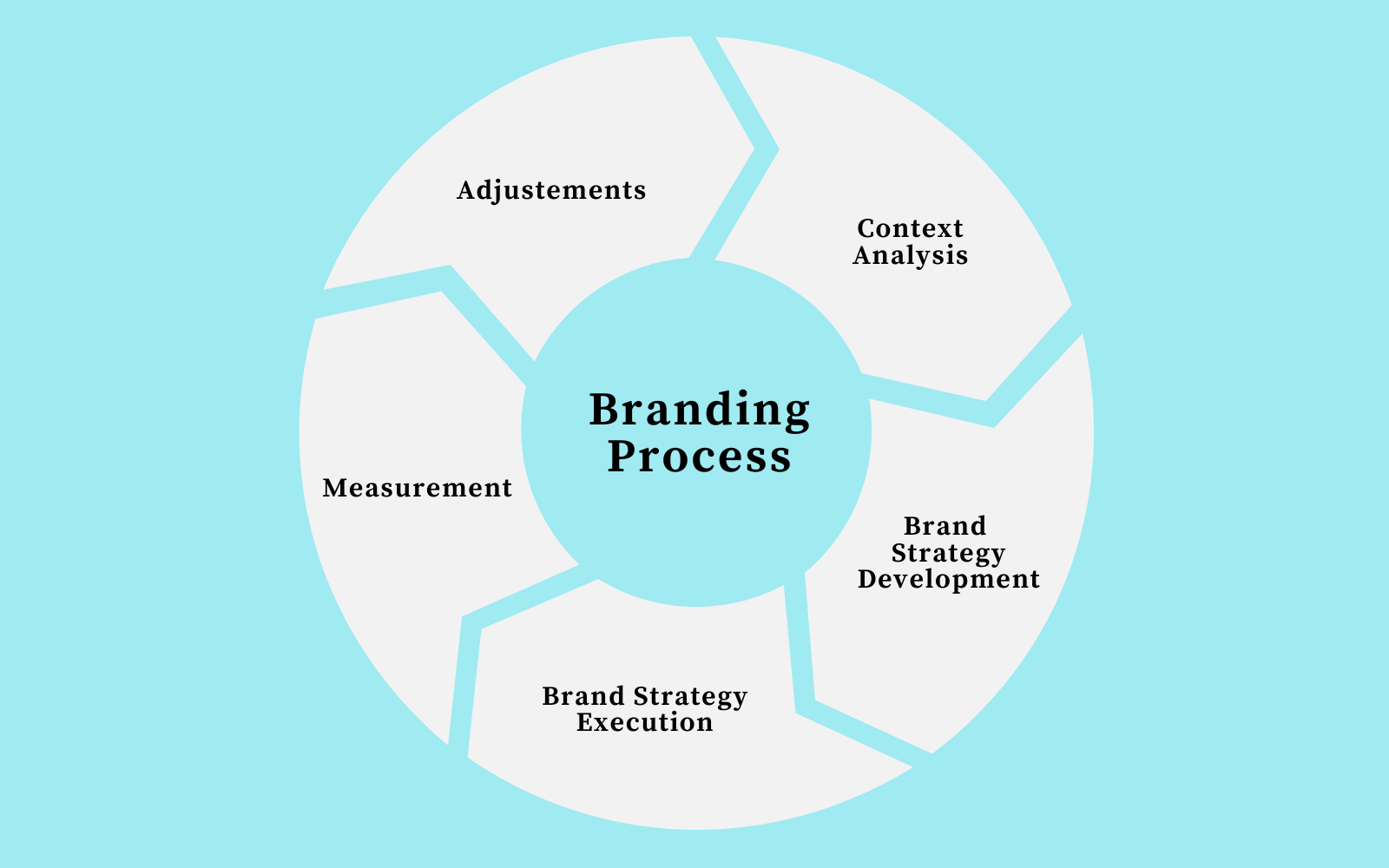Why Robust Branding Is Necessary for Market Leadership
A well-defined brand identification not just establishes a business apart from its competitors but likewise cultivates count on and psychological connections with consumers. What are the certain strategies that can boost a brand to this esteemed condition?
Understanding Brand Name Identification
Continually identifying the relevance of brand name identification is vital for any organization desiring achieve market leadership. Brand identification encompasses the visual components, messaging, and general understanding that differentiate a company from its rivals. It acts as a foundation for how consumers engage and view with a brand, playing a vital duty in forming their experiences and expectations.
A well-defined brand identification communicates the core values and goal of a company, producing an emotional link with its target market. Elements such as logo designs, color design, typography, and tone of voice need to align cohesively to convey a regular message across all systems. This uniformity reinforces brand name acknowledgment and promotes client loyalty.
Organizations that focus on a strong brand identification can properly differentiate themselves, build a favorable reputation, and cultivate a faithful consumer base. Inevitably, a durable brand identification is essential for browsing affordable landscapes and sustaining long-lasting success.
Building Consumer Count On
A strong brand identity lays the foundation for constructing client count on, a vital component in achieving market management. Trust fund is not simply an emotional feedback; it is a calculated property that can significantly influence buying choices and brand commitment. Business that grow transparency, reliability, and uniformity in their messaging and actions foster a feeling of safety amongst consumers.
To construct this trust fund, brands need to supply on their pledges. This means making certain that item top quality meets consumer expectations which service experiences are favorable and receptive. Additionally, consistent communication strengthens dependability; when consumers know what to anticipate which their concerns will certainly be resolved, their confidence in the brand name deepens.
Social evidence additionally plays a crucial role in establishing trust fund. Favorable evaluations, testimonies, and recommendations from credible sources enhance a brand name's reputation and can guide potential customers. In addition, involving with consumers through social systems and addressing their worries openly demonstrates liability and dedication.
Distinction in Open Markets
In today's crowded industry, differentiation is necessary for brand names looking for to attract attention and capture consumer attention. With plenty of choices offered, consumers are often overloaded, making it critical for brand names to develop a special identity that resonates with their target market. This differentiation can materialize through numerous aspects, consisting of item features, rates methods, customer support, and brand name messaging.
Reliable distinction includes not only recognizing what makes a brand name one-of-a-kind yet likewise communicating these distinctions clearly and consistently. Brands need to express their value proposal in a manner that addresses specific consumer needs and choices. As an example, a company may focus on sustainability, innovative modern technology, or customized consumer experiences to carve out a particular niche in an affordable landscape.
Moreover, brands should constantly analyze their competitive setting to adapt and fine-tune their differentiation methods. This positive approach guarantees that they remain pertinent and attractive to customers as market characteristics view it now progress. Ultimately, durable branding that stresses distinction not only fosters brand name commitment yet likewise places a company as a leader in its sector, leading the way for sustained growth and market supremacy.
Psychological Links With Customers
Psychological connections offer as a powerful stimulant in building long lasting relationships in between brands and consumers. When customers resonate with a brand name on a psychological level, it fosters commitment that goes beyond mere transactional communications. Brands that successfully evoke emotions-- whether with narration, shared worths, or genuine engagement-- develop a feeling click to investigate of belonging for their customers.
These psychological ties can dramatically affect buying decisions, as customers are frequently driven by feelings as opposed to logic. A brand name that lines up with consumers' addresses or ambitions their discomfort points can grow a deep-rooted loyalty that brings about repeat company and favorable word-of-mouth referrals.
Moreover, emotional branding permits companies to differentiate themselves in congested markets. By using the sentiments of their target audience, brand names can take an unique identification that reverberates deeply, making them unforgettable and liked over rivals.
In an age where consumers are pounded with choices, a solid emotional link can be the determining factor in brand preference. Hence, focusing on emotional interaction is not simply an advertising tactic; it is a calculated critical for brand names seeking to establish significant partnerships and enhance consumer retention.
Long-Term Company Success
Sustainable organization development rests on the capability to grow robust branding approaches that resonate with customers with time. A strong brand name not only differentiates a firm from its competitors but additionally promotes commitment and trust among consumers. This long-term connection is important for making sure repeat organization, which dramatically adds to earnings stability and development.
In a significantly competitive marketplace, brand names that connect a clear and consistent message are most likely to thrive. This uniformity reinforces brand identification, making it simpler for customers to remember and select the brand over others. Robust Branding. Consequently, a well-established brand name can adapt to market changes without shedding its core significance, enabling development without alienating dedicated consumers
Additionally, durable branding develops a system for consumer interaction, where organizations can collect comments and adapt their offerings appropriately. This iterative procedure not just enhances consumer complete satisfaction yet likewise builds a community around the brand, promoting a sense of belonging.
Final Thought

Organizations that focus on a solid brand name identification can efficiently distinguish themselves, construct a positive credibility, and cultivate a dedicated consumer base.A strong brand name identification lays the groundwork for developing client count on, a vital element in attaining market leadership. A solid brand name not just differentiates a company from its rivals yet likewise cultivates loyalty and trust fund among clients. As an outcome, a reputable brand can adapt to market modifications without shedding its core significance, permitting for technology without estranging dedicated consumers.
